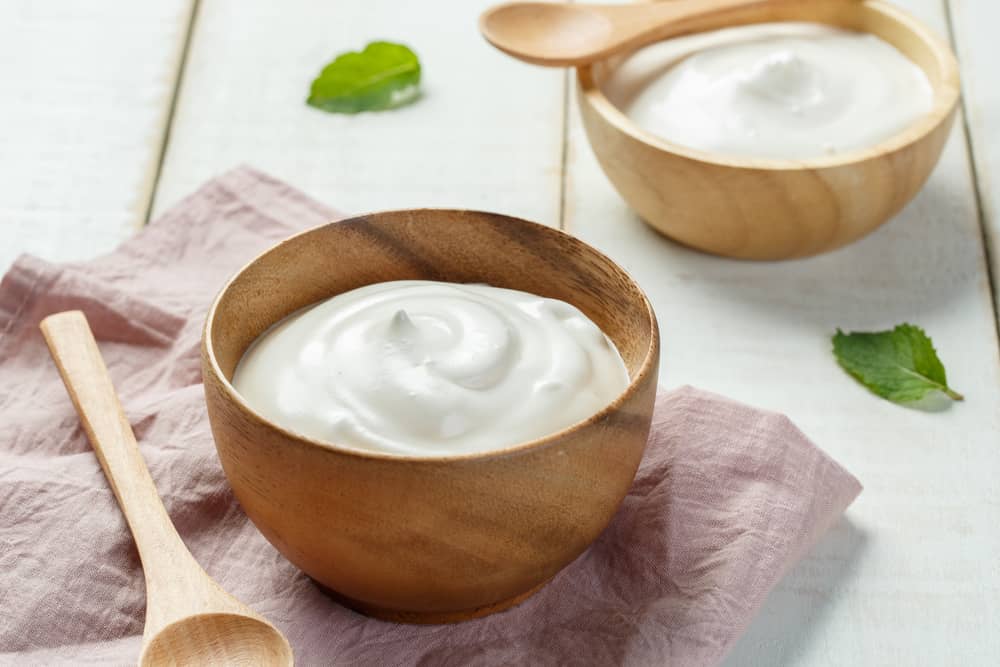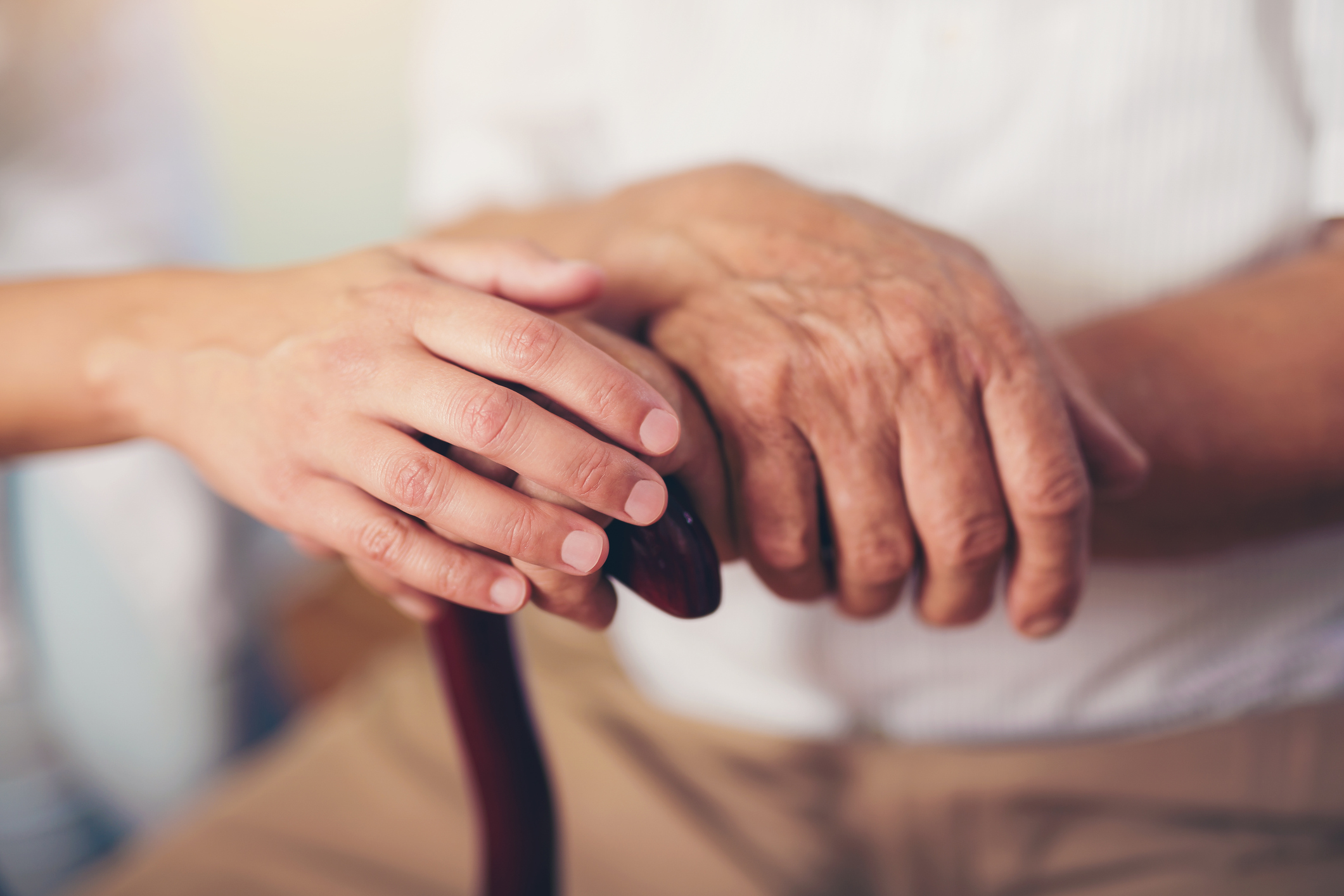Contents:
- Medical Video: Dietary Guidelines : Healthy Foods to Reduce Stress
- Effect of stress and diet
- Consume carbohydrate sources, but prioritize complex carbohydrates
- Consumption of vitamin C from fruits and vegetables
- Red beef consumption
- Antioxidant consumption
- Eat foods with potassium content
- Increase magnesium levels
- Take omega 3
- Consume nuts
- Avoid: Consumption of high fat, caffeine and sugar
Medical Video: Dietary Guidelines : Healthy Foods to Reduce Stress
Stress generally refers to the body's response to something that can cause anxiety or fear (distress), this is characterized by the body's mechanism for releasing stress hormones such as adrenaline and cortisol. This condition can occur in a short or long time. In a short time, stress usually encourages us to immediately do something and reduce appetite, but if anxiety continues and lasts for a long time the body will produce the hormone cortisol which tends to make us feel hungry.
Effect of stress and diet
Stress makes our bodies want to consume large amounts of food (overeating) especially the desire to eat fatty and sweet foods. Over time and the loss of sources of stress, we do not experience anxiety anymore so that appetite will return to normal. But the number of body calories will continue to increase because of consumption as long as we experience stress.
Stress is the body's hormonal reaction handling it must also be in accordance with the reaction. One way is to adjust consumption patterns. Some types of food can help the body produce serotonin which can calm brain performance, reduce stress hormones and help alleviate the effects of stress such as strengthening the immune system and lowering blood pressure.
The following consumption patterns can help alleviate the effects of stress:
Consume carbohydrate sources, but prioritize complex carbohydrates
Carbohydrates help the brain to produce more serotonin, the more carbohydrates, the better the body produces this hormone. Consumption of complex carbohydrates will last longer and help the body to produce more serotonin. Complex carbohydrates will help maintain body weight and blood sugar levels. Foods with complex carbohydrates include various foods with whole grains (whole–grain), cereals and oatmeal.
Consumption of simple carbohydrate foods such as sugar, rice and white bread can also increase serotonin hormone levels, even in a relatively faster time. This is because simple carbohydrates are relatively easier to digest. But it needs to be limited because the side effects of consuming sweet foods will accelerate the increase in blood sugar and body calories.
Consumption of vitamin C from fruits and vegetables
Vitamin C plays a role in reducing stress hormone levels and also strengthens the body's immune system. This is very necessary because stress conditions can reduce body immunity. Vitamin C can be obtained in relatively high amounts from citrus fruits, kiwi, pineapple, strawberry, various berries and papaya and vegetables such as broccoli and paprika.
Red beef consumption
Beef specifically has various nutrients such as omega 3, vitamins and antioxidants that can improve heart health and reduce the risk of depression. In addition, red beef tends to be low in fat, so this is good for consumption when under stress.
Antioxidant consumption
Antioxidants are one of the substances that can calm the mind and reduce blood pressure because there are compounds of polyphenols and flavonols. Antioxidants can be obtained from the consumption of tea and dark chocolate.
Eat foods with potassium content
Adequate consumption of potassium can increase blood pressure, especially in someone who is experiencing stress due to susceptibility to hypertension. Potassium can be obtained from fruits such as avocados and bananas.
Increase magnesium levels
Magnesium is useful to relieve the effects of stress such as fatigue and headaches. These nutrients can be obtained from various ingredients of green leafy vegetables, especially spinach and other food ingredients such as soybeans and salmon.
Take omega 3
Various foods made from marine fish such as tuna and salmon can also reduce the effects of stress because they contain high levels of omega 3. The benefits of omega 3 include preventing an increase in stress hormones and maintaining heart health and preventing depression.
Consume nuts
Consumption of legumes can nourish blood vessels and reduce cholesterol levels in the blood. By consuming nuts can minimize the effects of stress on the cardiovascular system. But need to be limited intake because it has high calories.
Avoid: Consumption of high fat, caffeine and sugar
When we are stressed, we tend to want to consume foods that taste good and are addictive and encourage to eat more, but of course that is not a good way to go through a period of stress. Excessive consumption of fat and sugar can reduce brain performance during stress. So that it can cause difficulties to think clearly when being stressed. Excessive caffeine consumption during stress will make it difficult for the brain to rest, coupled with the effects of caffeine that can be stored in the body can cause someone to have difficulty sleeping. While the consumption of sugar which is a simple carbohydrate can cause obesity and increase blood sugar levels faster if consumed in large quantities.
READ ALSO:
- 8 Unconscious Things Make You Easy to Stress
- Do You Have Covert Depression? Get to know the symptoms
- Eating Junk Food Can Make Depression, Why?












